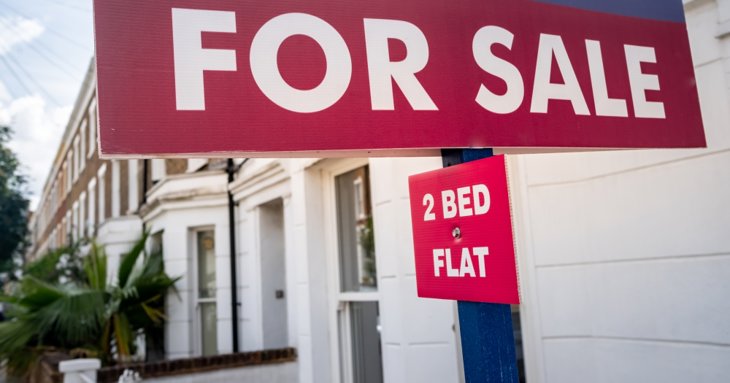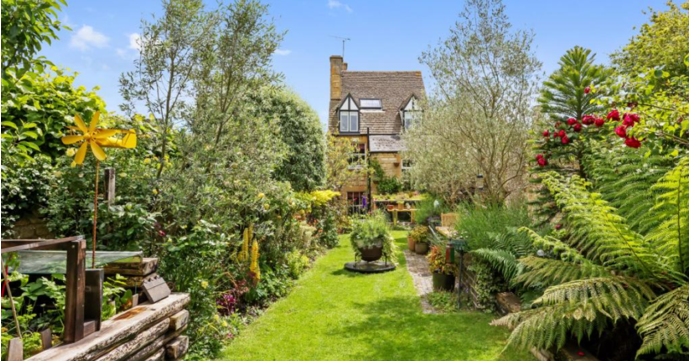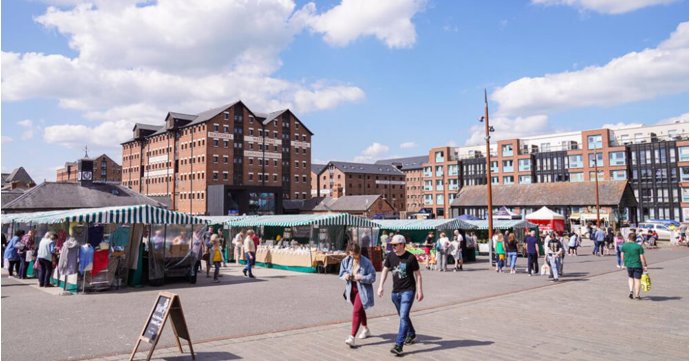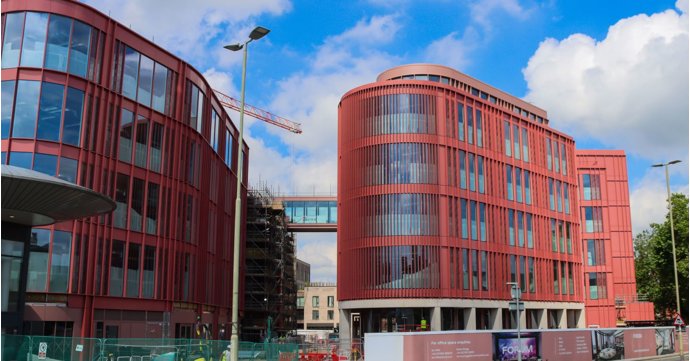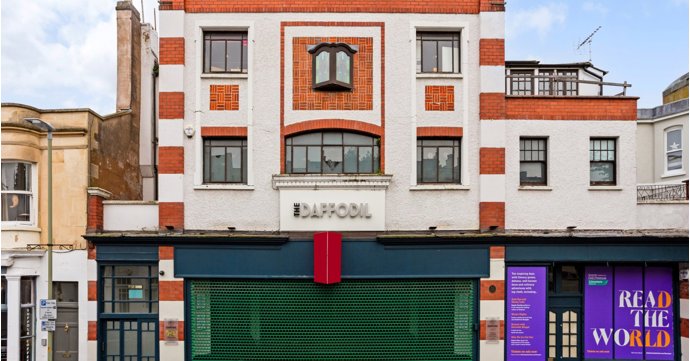With everything from the deposit to stamp duty and legal fees to factor in when buying a property, getting a handle on exactly what is due and when should be essential to your search.
With the cost of living crisis putting a pinch on household finances, it's more important than ever to budget for those additional costs, according to Enzo Mora, founder of Gloucester-based mortgage broker The Mortgage Brain, who gives SoGlos the lowdown…
About the expert – Enzo Mora from The Mortgage Brain
Enzo Mora is founder and director at The Mortgage Brain. With an extensive knowledge of the mortgage market, he is passionate about helping customers every step of the way with their search and application.
The Mortgage Brain has over 30 years’ experience helping customers find the best mortgage for them, wherever they are on the ladder. Its unique Mortgage Search System is continually updated with the latest offers.
How much of a deposit do I need?
Generally, you need a minimum of between five per cent and 10 per cent of the purchase price as a deposit. The bigger the deposit, the lower the risk to the lender, meaning you will borrow less and could therefore secure a better interest rate.
How is stamp duty worked out and when does it need to be paid?
The government sets the level of Stamp Duty Land Tax (SDLT) payable according to the price you pay for your property - and it is usually the largest additional cost of buying a home.
England, Northern Ireland, Scotland and Wales all have different thresholds of payment, with first-time buyers benefiting from varying levels of exemption across the regions - see our Stamp Duty Calculator at themortgagebrain.net/stamp-duty-calculator.
You'll pay extra stamp duty on a second home.
Will I pay legal fees if buying and selling a property?
Yes. A conveyancer or solicitor will charge for doing the legal work for your purchase and sale, which includes preparing the contracts for exchange, carrying out searches, ID and land registry checks and liaising with other solicitors and estate agents in the chain. They will also make sure your SDLT is paid upon completion.
Expect
to pay up to £2,000 for conveyancing for selling and buying a home. You will
need to pay up front for local searches made on the property you are buying. You
may also incur extra fees if you are buying a leasehold property. You should
get three quotes using a comparison site and check reviews
before making your decision.
How much does a survey cost and will I need one?
You may want to get a survey done by a chartered surveyor to find out the condition of the property you want to buy, but it’s not a requirement. If the survey shows that there are problems such as damp, woodworm or construction defects, you may decide against buying the property or negotiate a drop in price to cover the costs. Costs vary depending on which survey you choose, from £400 to around £1,500.
Lenders will carry out a valuation survey to ensure the property is ‘suitable security’ for them to lend you money against it. It cannot be relied on for any structural issues, but can affect how much you will be lent if the valuation is lower than the price agreed. Many lenders offer free valuations, especially for remortgages.
Will I have to pay lender arrangement fees?
These can usually be either added to the mortgage or paid up-front and can vary significantly. If you add the fee to the loan, then you will be paying interest on this amount too.
Lenders will have products without fees, but they may not be as good value compared to one with a fee, so it’s important to discuss the options with our advisers. Check out our mortgage calculator at themortgagebrain.net/calculators/mortgage-calculator.
Are there any other costs to consider?
You will generally need to organise life insurance, as well as buildings insurance as part of your mortgage agreement and our expert insurance advisers will be able to help you with a quote. Any estate agents’ fees for selling your home are payable on completion. You may also need to hire a van or removals company.


